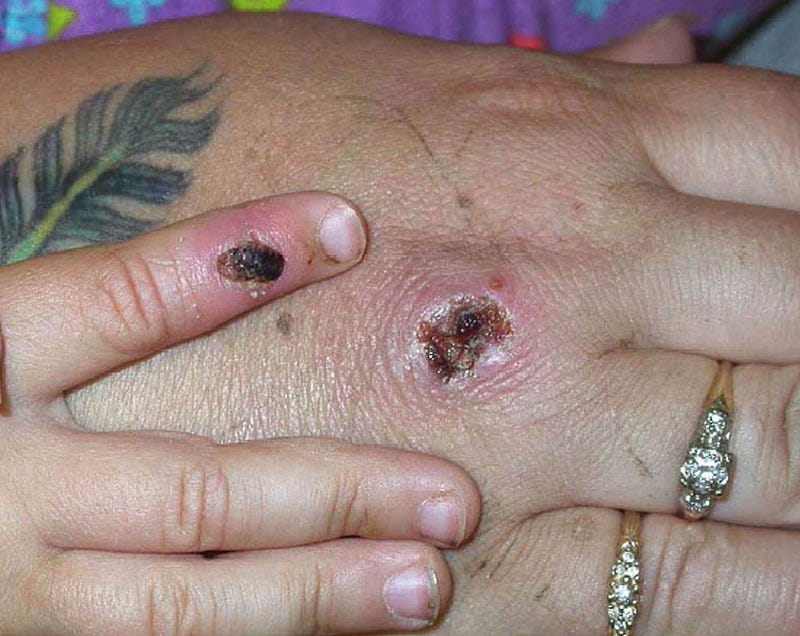
The World Health Organization is renaming the monkeypox virus after a group of scientists raised concerns that the current title was discriminatory.
Tedros Adhanom Ghebreyesus, WHO Director-General, confirmed on Tuesday that the organization is "working with partners and experts from around the world on changing the name of monkeypox virus, its clades and the disease it causes."
It's not clear when the new name will be decided, though Ghebreyesus said the WHO will make an announcement "as soon as possible."
The move follows a recommendation by more than 30 international scientists who argued there was an "urgent need for a non-discriminatory and non-stigmatizing nomenclature for monkeypox virus" amid a recent global outbreak that has infected more than 1,600 people in 39 countries.
"We believe this is an opportunity for a break with the name monkeypox and the historical associations attached to that name," the scientists wrote in a report released last week.
The report raises concern over "an increasing narrative in the media... trying to link the present global outbreak to Africa or West Africa, or Nigeria."
"The prevailing perception in the international media and scientific literature is that MPXV is endemic in people in some African countries. However, it is well established that nearly all MPXV outbreaks in Africa prior to the 2022 outbreak, have been the result of spillover from animals to humans and only rarely have there been reports of sustained human-to-human transmissions," the scientists wrote.
"In the context of the current global outbreak, continued reference to, and nomenclature of this virus being African is not only inaccurate but is also discriminatory and stigmatizing," the report continues. "Like many previous geographic labels of infectious diseases based on locations of first detection, it is misleading and inaccurate because very limited surveillance and limited diagnostic capacity means that the full range of the pathogen is not known."
The scientists suggested that the virus be named in a way that minimizes unnecessary negative impacts on nations, geographic regions, economies and people, and that considers the evolution and spread of the virus.
"A practical and neutral system of nomenclature allows efficient communication without the risk of further misconceptions, discrimination and stigmatization," the scientists said.
Prior to the recent global outbreak, monkeypox was mainly found in West African countries where it is endemic. According to the CDC, it was first found in monkeys in the late 1950s and later diagnosed in humans in the 1970s.
The virus spreads in many ways, including: coming in contact with an infected animal or person, handling wild game, using products made from infected animals, respiratory secretions expelled during prolonged face-to-face contact, direct contact with bodily fluids or sores, and direct contact with materials that have touched fluids or sores.


